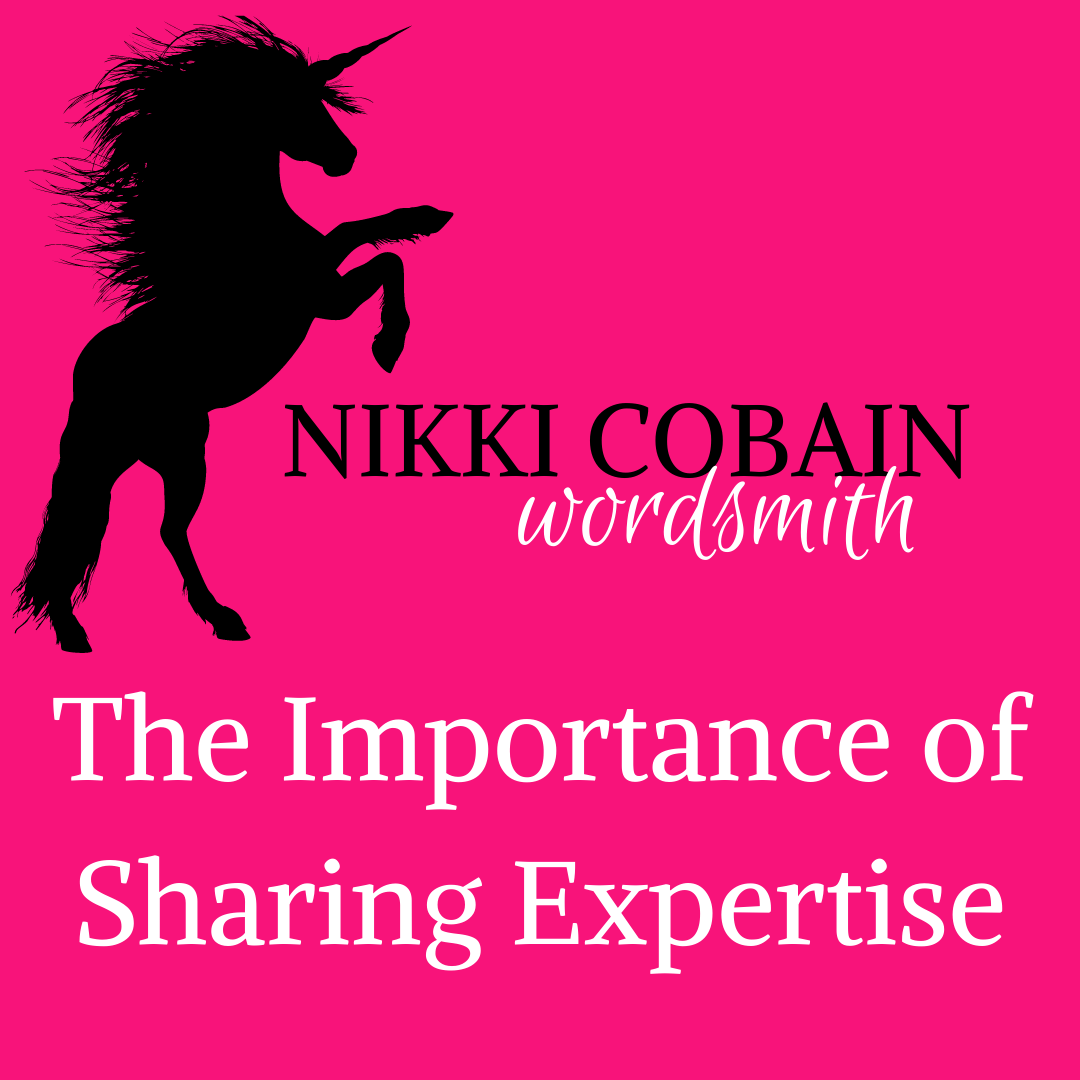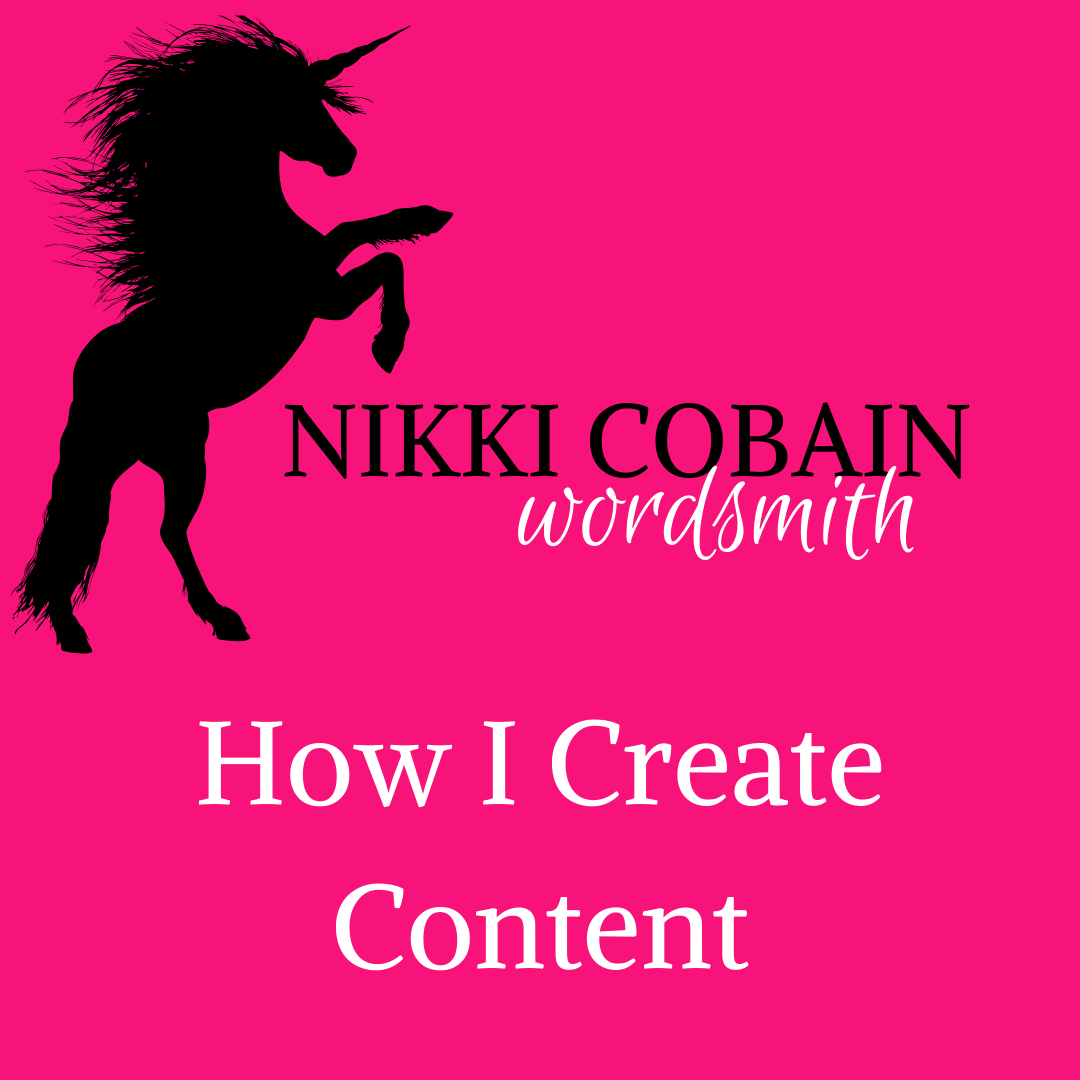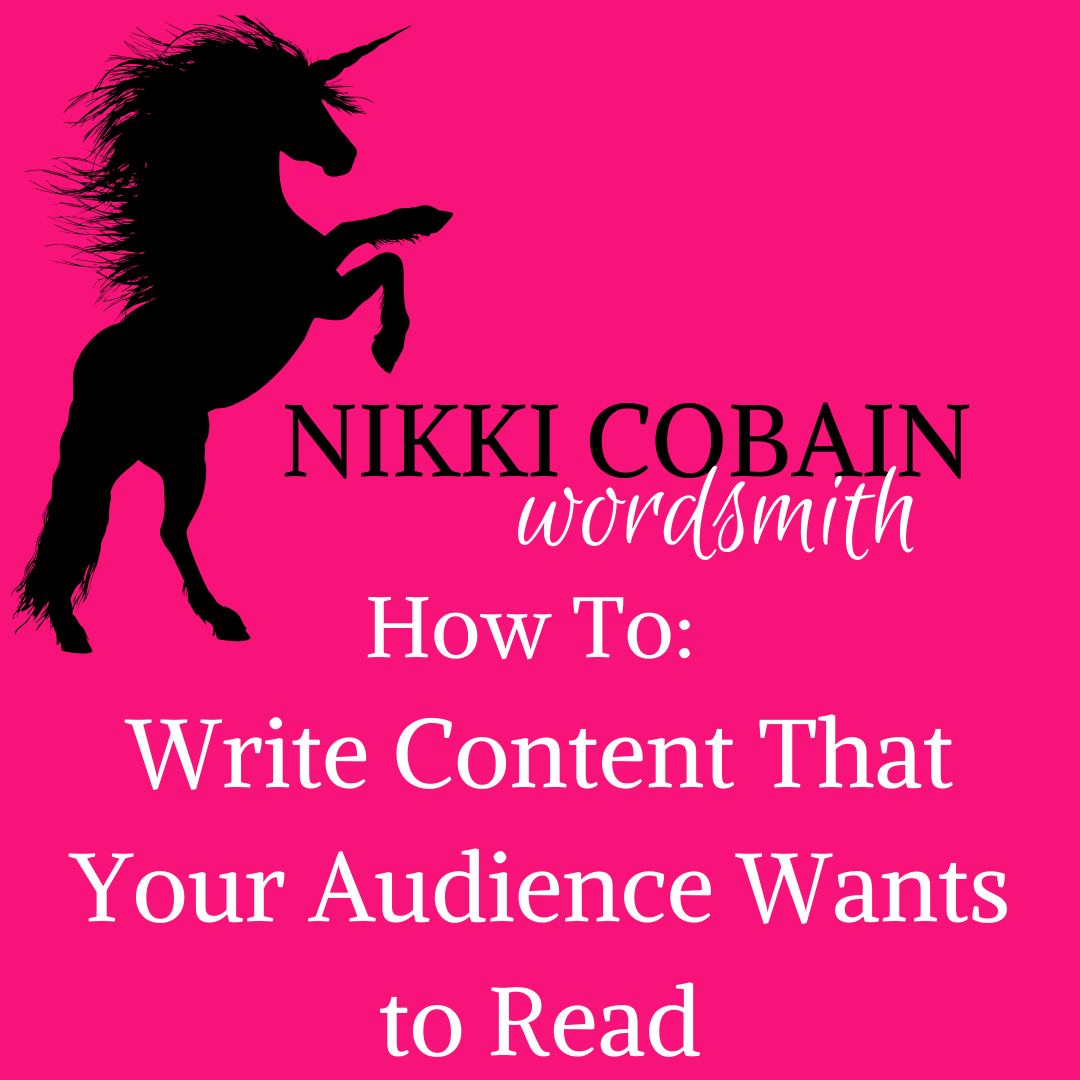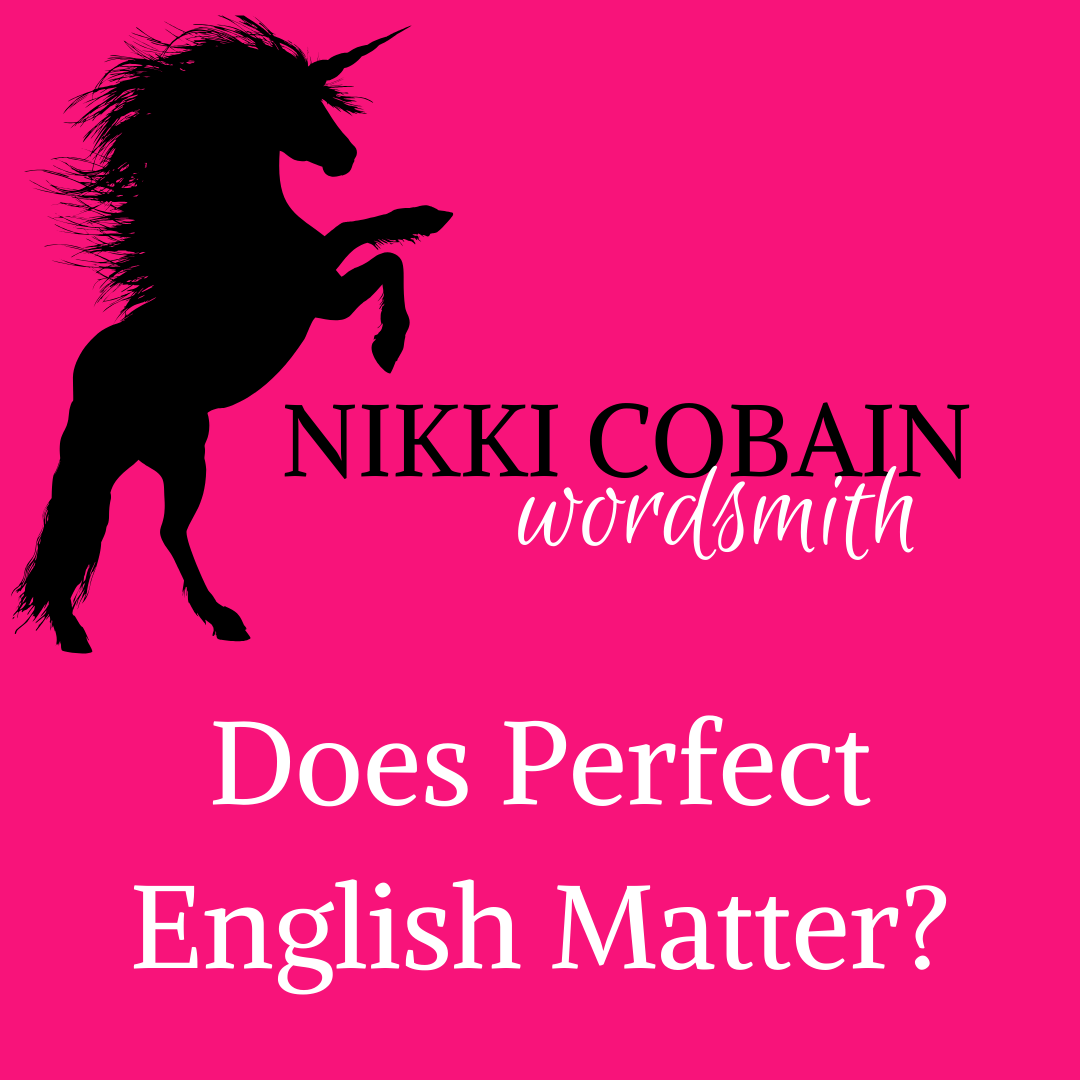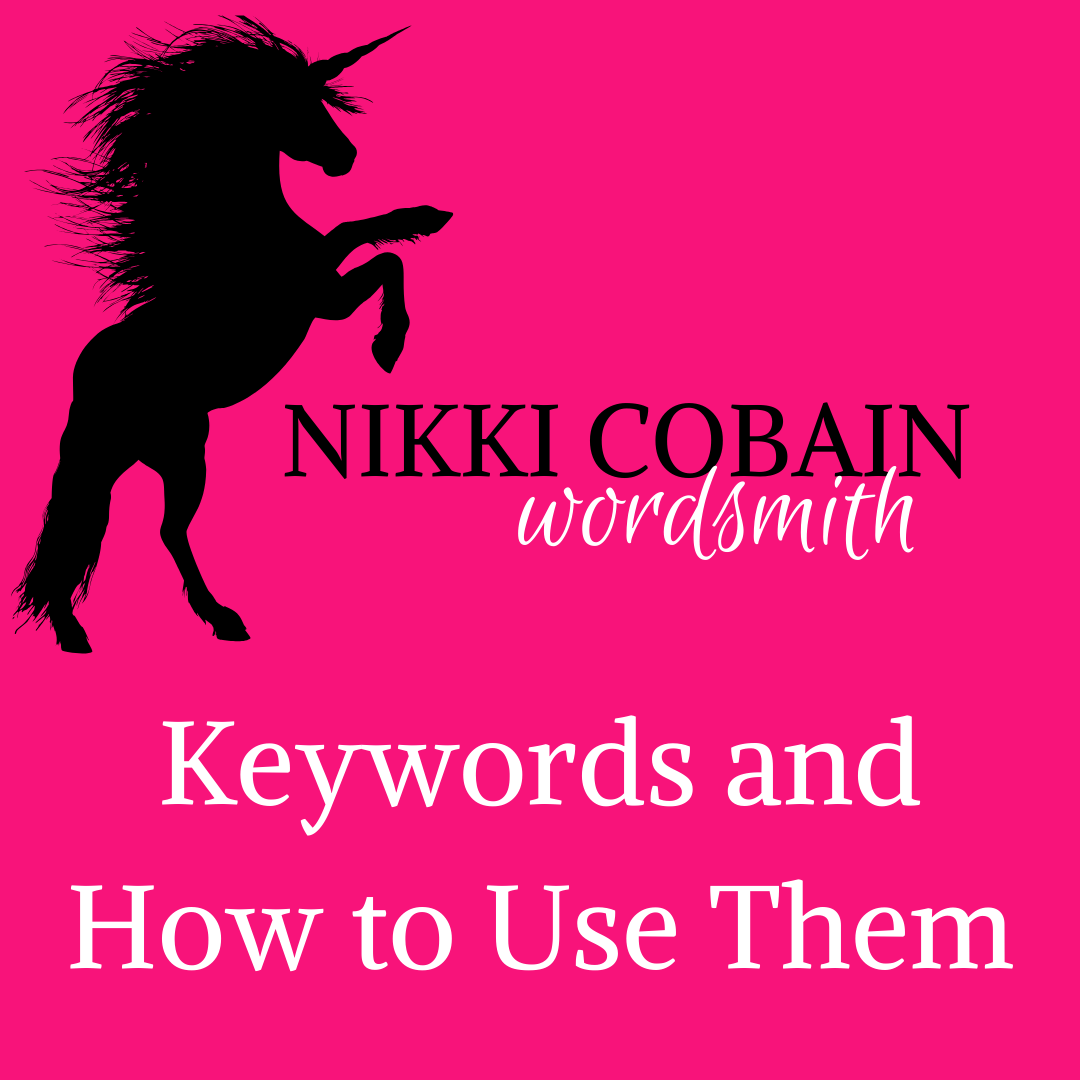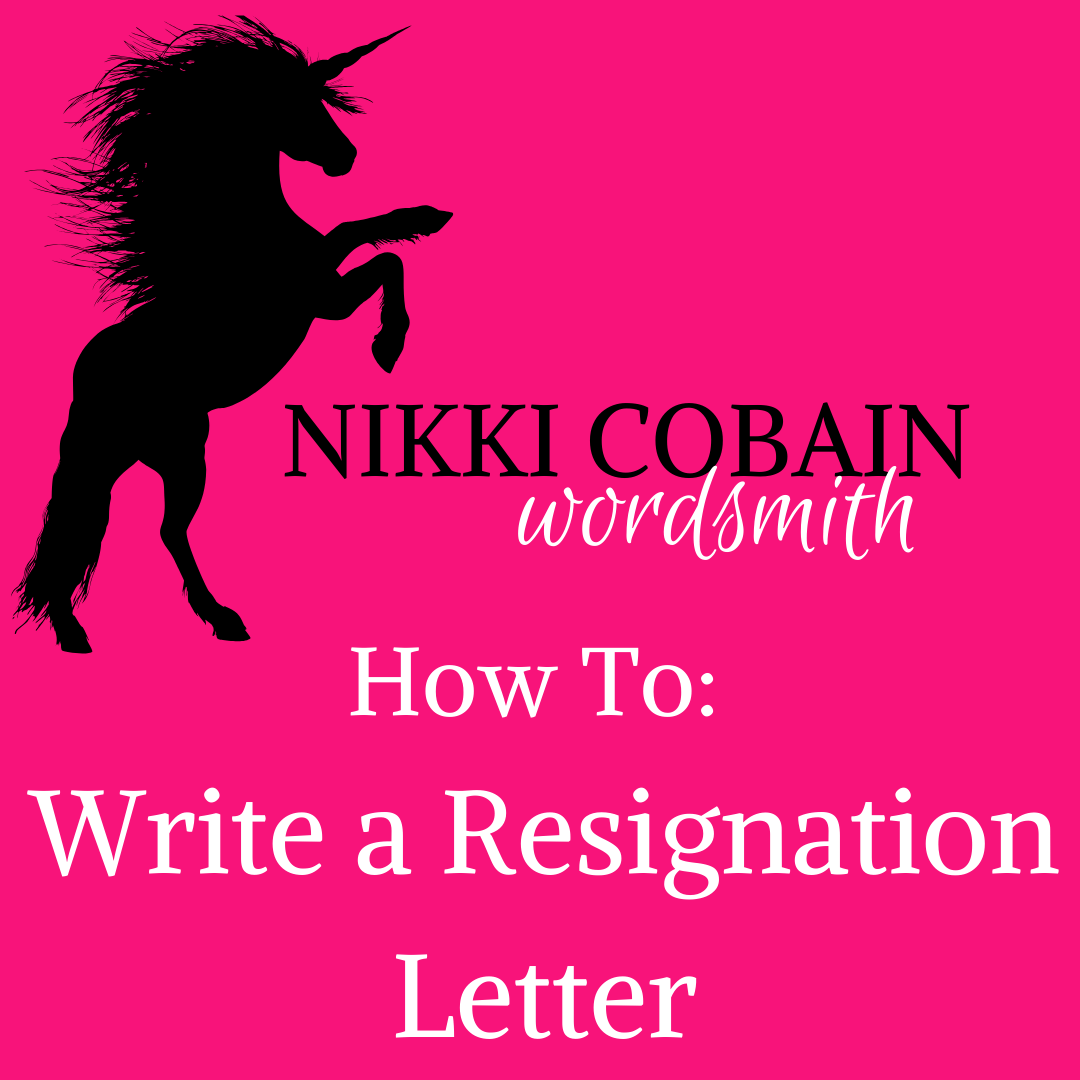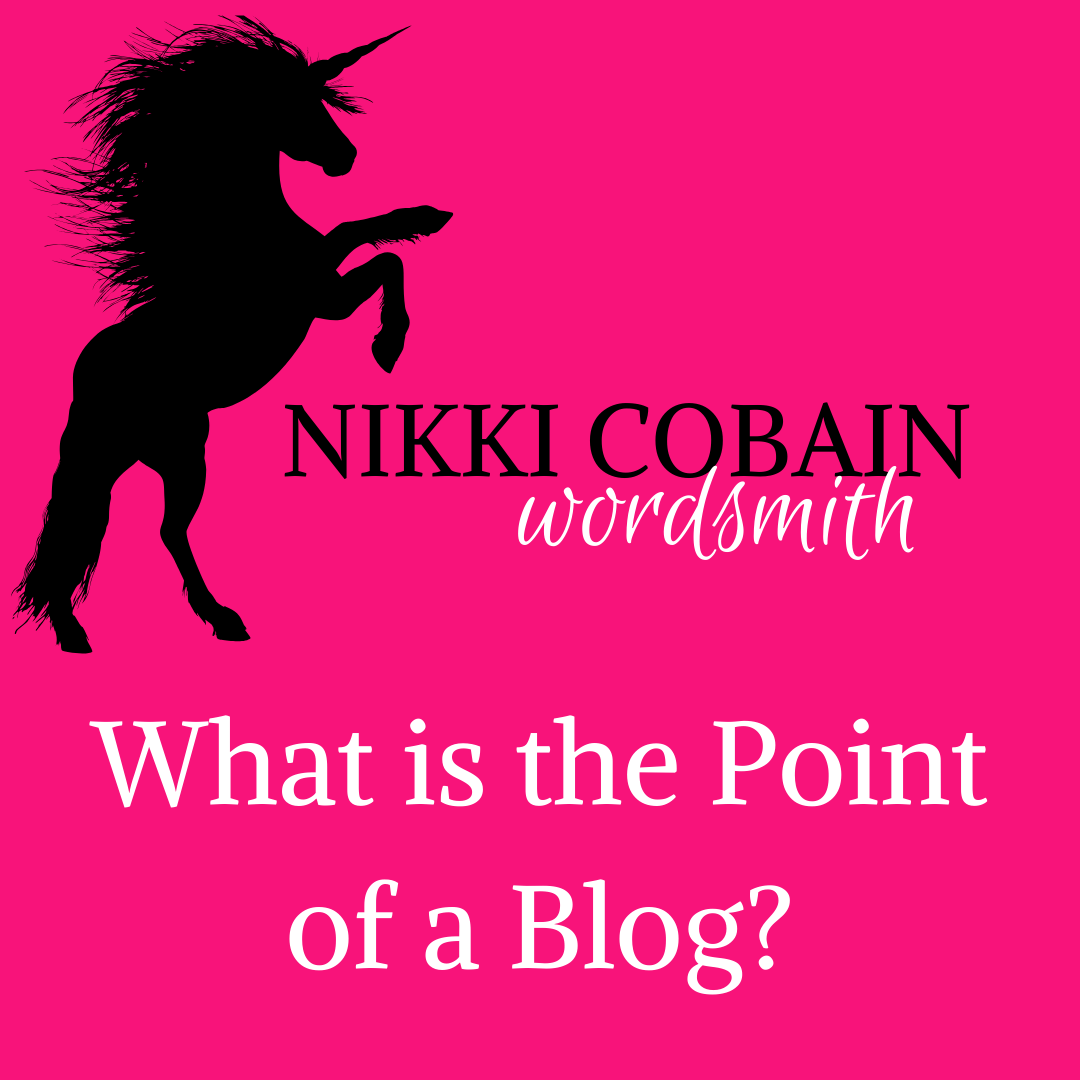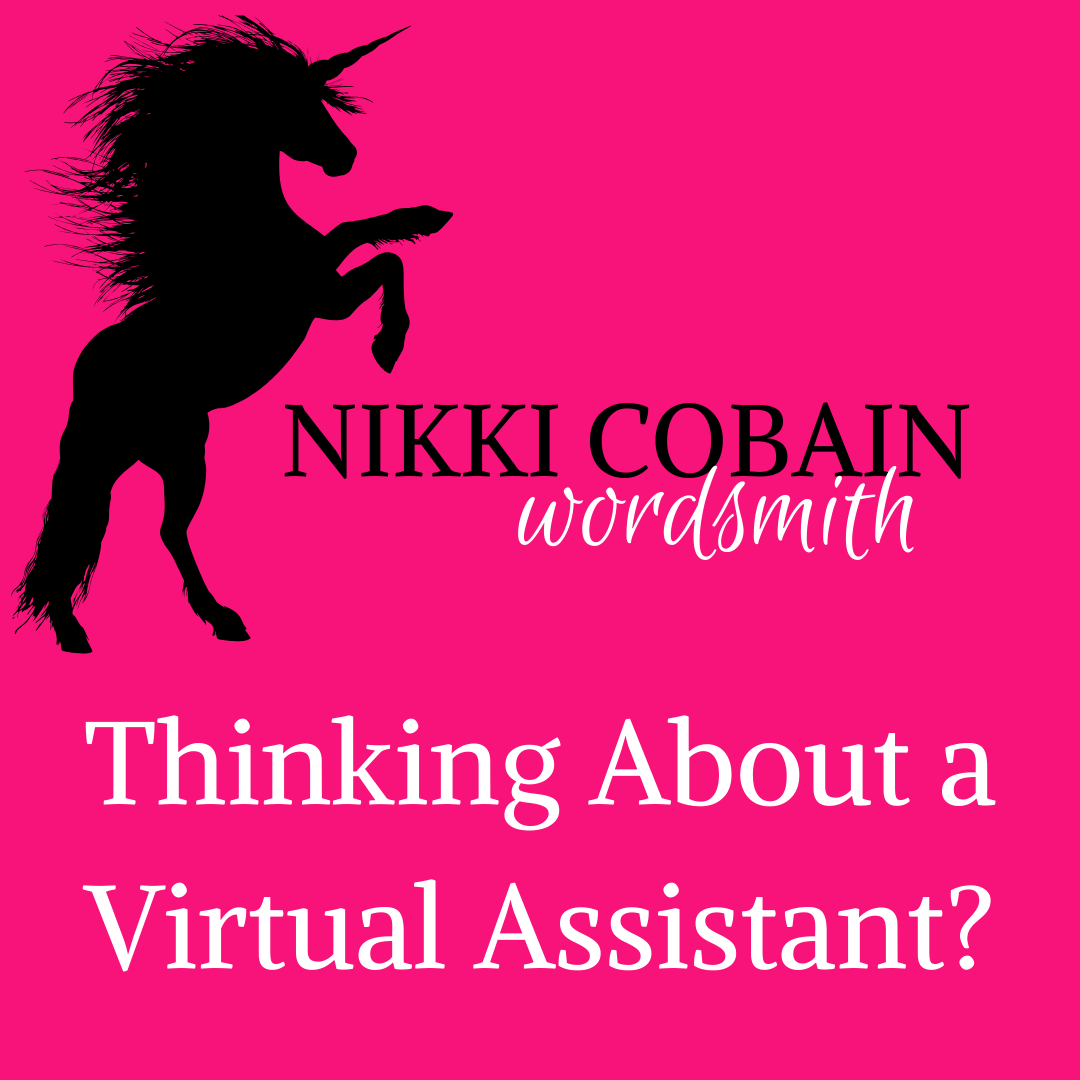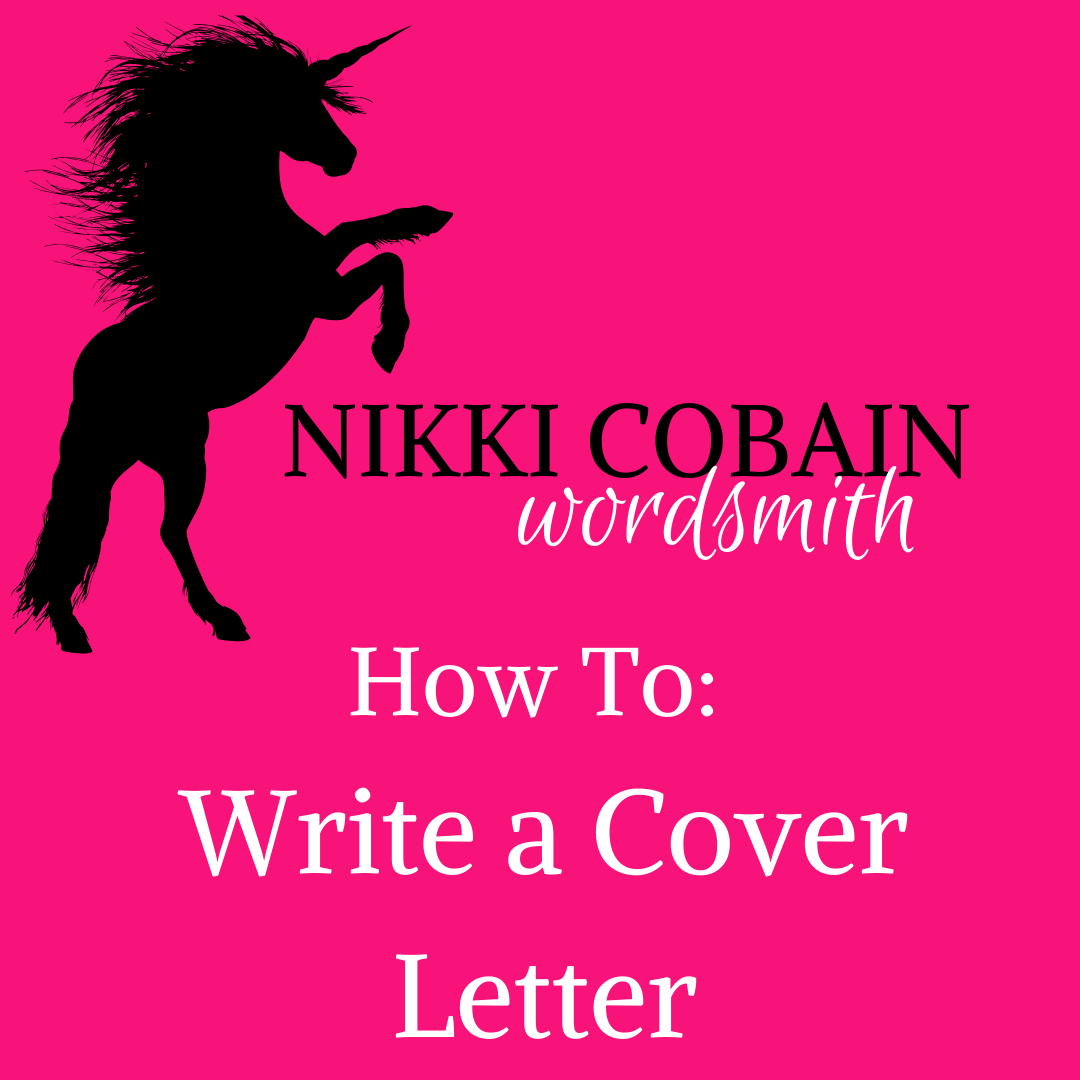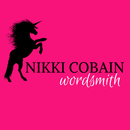Your Content Sucks - and what to do about it
Nikki Dale • 17 April 2020
Your Content Sucks (sorry/not sorry)
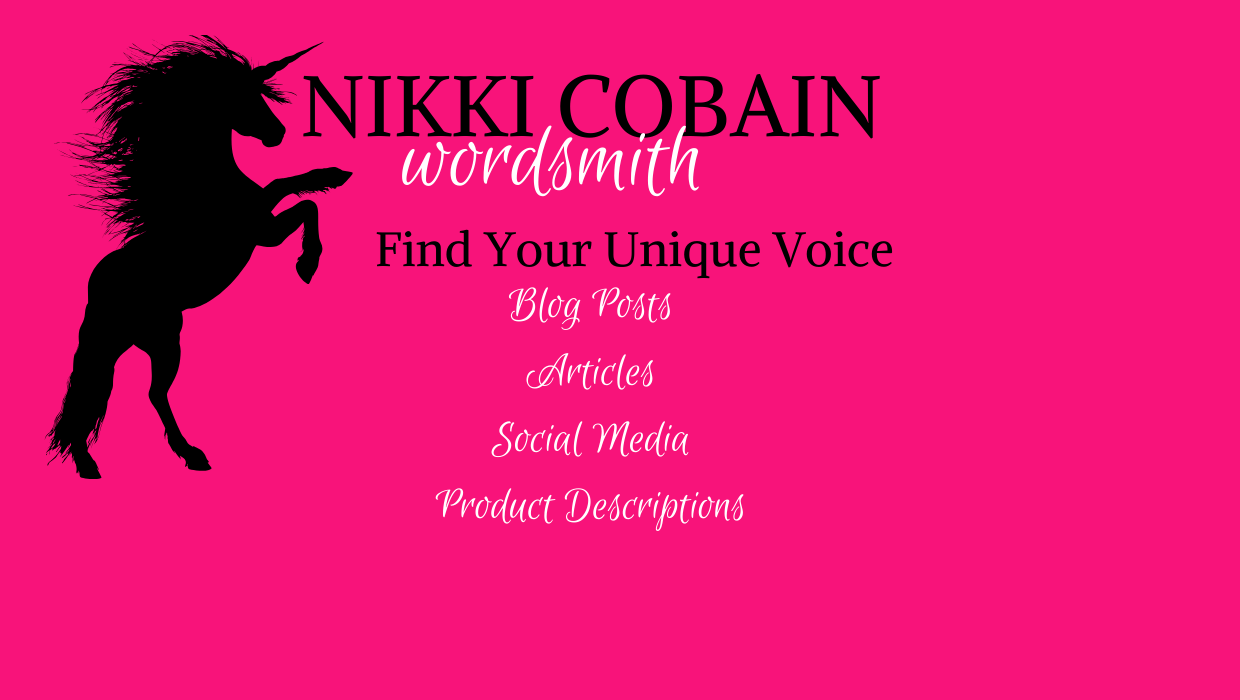
Why You Need Great Content
“Content is King”. You’ve heard that, right? Every marketing agency says it, and it has become a cliché for many.
But that doesn’t make it any less true.
Getting noticed, being found through Search Engines by ranking highly in search results, and providing excellent services and products are the key components of your business success – and content should be the backbone of any marketing strategy.
You want to be recognised as the ‘go-to’ expert in your niche, providing the absolute best in whatever you do. Google and other search engines want to provide users with the most informative, accurate and reliable answers to searches – so in order to position yourself as the expert, you need to provide content that is full of authority and can be trusted.
The content you produce needs to be informative, entertaining, actionable and, in the most basic sense, converting.
What Does Great Content Mean?
Unfortunately, the “Content is King” mantra has meant that some business owners and agencies have opted for creating content for the sake of it.
In their misguided bid to become the authority in their business, they are churning out weak, boring content, often resorting to content-mill style blogs and articles that are keyword-stuffed, without any real quality.
Great content should be something that you want to read.
Great content should be accurate and informative, so that when your customer reads it, they are satisfied with the answer to the query they have put in their search engine of choice.
Great content should be readable – no unnecessary fluff, no complicated terminology. Plain English, error-free and with good grammar.
Great content should be actionable. It should have a purpose; it should give a reader something that they can learn and put into action for themselves straight away.
Great content should be entertaining. Stories and anecdotes, a joke, or some wise words – it should be your voice (but with better grammar, obviously!)
Great content should speak to your customers and give them the answers they are looking for.
So, how do you make your content great?
The Idea
When you are thinking of ideas for a blog post or article, make sure it is something that is relevant – and that means a bit of research. If you are a plumber, you might want to concentrate on writing about plumbing issues – you wouldn’t necessarily want to start writing about the best Vegan makeup ranges.
Don’t forget about keywords. Great content is not keyword-stuffed, but you want to be thoughtful about the keywords you are using (think about what you want to be found for!)
Whatever your blog ideas, creating a list of topics can help in the long run, as you might get an idea for a series of things to write about.
Authority
If you are writing about your own services or products, then you are going to be an expert. Your product descriptions will be accurate, your knowledge of legalities or whatever else will be top-notch.
However, it is worth noting that getting authority for your content means that you might need to do some research. This might seem boring, but anything you publish for your business needs to be accurate to have authority – and you can do some serious damage to your reputation if you do not ensure accuracy.
Don’t be afraid to link to known experts if you are writing about a more in-depth topic. These links to further reading can help to stand you in good stead to be an authority yourself (and will help your SEO endeavours too).
Structure
When planning your content, structure is really important. The technical side of structure might be affected by your website, but you do need to consider the following:
• Font Size – make it easy to read on both desktop/laptop and mobile.
• Spacing – Make sure the lines are well-spaced, and that your column widths make it easy for users to read.
• Text Colour and Background Colour – While it might be ‘on-brand’ to use your pastel colours for your post, your readers might find the combination distracting and too hard to read.
• Bullet Points – everyone loves a list! There is a reason that ‘listicle’ pieces that are found on sites like Buzzfeed are so popular – use them to make quick salient points.
• Scannable – short sentences and short paragraphs are your friend. Being concise is content gold – but it also makes it easy for your reader. Think about formatting, bold text, highlighted quotes and subheadings can make a real difference in your readability.
The Headline
You need to grab the attention of the reader quickly – and keep it.
You saw my headline – I was a little bit rude (sorry) but it worked.
When thinking of an interesting headline, make sure it is short and snappy. If you can get a keyword or two involved, then that is brilliant.
Most of all, you need to ensure that your headline is relevant to your content. There is no point in having an attention-grabbing headline that doesn’t provide the answers your reader is looking for!
The Introduction
Most readers will have decided whether they are interested in what you have to say before they have finished reading the first couple of paragraphs.
Be concise, make sure your readers know what to expect, and give them something to think about as they are (hopefully) reading the rest of the piece. Add some personality here; your audience doesn’t want to read a manual or a dry set of instructions – they want to see the ‘man behind the curtain’ (can’t resist a Wizard of Oz reference!)
Readability
This is where genuinely great content stands out.
I can almost guarantee that you have read some truly dire content, written by someone with a poor grasp of basic English language, spelling and grammar.
Admittedly, I have been called out as a bit of a stickler for good spelling and grammar (even so far as to name me as a member of the Grammar Police), but it is really hard to get value from content when it doesn’t make sense.
Readability isn’t just about the errors, though. A good, readable piece of great content has a story, a thread that you can follow. The paragraphs flow in a way that makes sense, with no run-on sentences or unnecessary fluff.
What About SEO?
Ah, SEO and keywords. Any marketing strategy that involves an online presence needs to be conducted with SEO in mind.
But what, exactly, does this mean for you and your business? If you are in the position to work with a decent SEO Marketing agency, the likelihood is that they will either be creating content for you, or curating your content to ensure that is able to perform using keywords in order to rank well on Google.
If you are not using an SEO agency, then I urge you to consider working with one. Remember that a good marketing strategy should be the equivalent of a full-time role, so if you are looking at a company that claims they can ‘get you to the top of Google’ for £150 a month, you might want to look elsewhere.
Budget can be a problem, of course, so for a good basic understanding of how to improve your SEO with no cost, my good friends at The Evergreen Agency
are not only the number one choice for SEO and PPC, they also have a free online course aimed at small businesses. This course will provide you with tools, guidance, and ideas to make sure you are doing all you can to rank well on Google (other search engines are available). I suggest you check it out!
When it comes to creating content, you want to be providing content that aligns with what your customers are searching for. As mentioned above, no point in writing about makeup if you are a plumber. So, knowing the keywords that you want to be found for and featuring them organically in your content is important.
How to Get Your Great Content
Make your content great – and get your voice heard.
How do you create great content then? The obvious answer is to follow this advice!
I mean, it is pretty straightforward – a great idea, written by an expert, presented in a great way, with a great takeaway = great content. Just schedule some time, maybe once a week, to think of an idea or several ideas, create a punchy headline, do some research, and begin writing.
But you might not have the time for that. Now, more than ever, small and medium sized business owners are wearing multiple hats and adding content creation to that schedule can be difficult.
That is where delegating to a copywriter (like me) can make a difference. Finding yourself a man (or woman) behind the curtain to make you the Wizard of Oz – someone who can create copy that is on-brand, accurate and informative, actionable and readable – gives you time to focus on your business in the way that you want to.
Having worked with small and medium businesses, digital marketing agencies, and (unfortunately) some ‘content mill’ agencies, I have learned what makes great content.
I have created great content on subjects as diverse as forex trading and handmade cards, driving tips and getting-a-job tips. Some of my favourite pieces to create have been in-depth pieces on theatre advertising and the best jobs for an Aquarius – and some of the worst, well, we won’t mention data protection and GDPR (that is a rabbit hole of data and technicalities, let me tell you!)
Whatever your business niche, your ideal audience, your product or service and your budget, you can find the right copywriter for you – and it might just be me. Contact me today to find out more via email nikki@nikkcobainwordsmith.co.uk
or via my website www.nikkicobainwordsmith.co.uk
where you can find some examples of my work.
You can find me on LinkedIn at www.linkedin.com/in/nikkicobainwordsmith
and Facebook at www.facebook.com/nikkicobainwordsmith
too, if you are more of a social beast!
Make your content great, and get your voice heard.

